It’s been a hell of a decade for the tabletop community. Ten years ago, D&D 4th Edition had just launched, splitting the playerbase in twain with its radical changes to gameplay and rules. Pathfinder had also debuted, cooked up by small group of ex-Dragon magazine writers who wanted to keep the spirit of D&D 3.5 going. Twitch was a year off, and nobody would expect it to become the hub for tabletop play that it became. Matt Mercer was best known for making the There Will Be Brawl webseries, while Geek & Sundry still had two years to go before its launch on YouTube. GenCon was still the Best Four Days In Gaming, but it was still mostly a sea of white, male faces (I know, I was one of them).
Now, though, the “tabletop renaissance” has gone into full swing as more and more gamers discover or rediscover their love for dice and numbers. The industry and community is more diverse than its ever been, and for perhaps the first time ever it’s “cool” to play D&D. But as we looked back on the changes, we asked ourselves “How did we get here?” To answer that question, we came up with a list of the biggest, most important, most impactful events of the past ten years that helped shape the industry forever.
#10. First PAX Unplugged Held (2017)

The Penny Arcade Expo has been going on since 2004 (when people still read Penny Arcade), and in that time has become major part of the video games convention circuit alongside more established industry shows like E3 or Blizzcon. Thanks to significant overlap between fandoms, tabletop games have always played a part in the PAX experience. When they started to become more popular in the mainstream, especially on Twitch, companies like Wizards began to exhibit at the various PAX shows and tabletop streamers and designers became draws as big as any developer or e-sports player. It got so big that, in 2017, it got spun off into its own convention: PAX Unplugged.
Rather than compete with video games for attention and space on the con floor, companies and fans alike would get a convention devoted solely to more “analog” gaming. In many ways, this cemented the fact that tabletop had finally “made it” into the mainstream. With just three cons under its belt, there’s still some growing pains here and there, but, like the original PAX, Unplugged has quickly taken its place alongside more venerable gaming cons like GenCon, Origins, and Essen Spiele as a “must visit” for tabletop fans the world over.
#9. The Adventure Zone “Balance” Arc Concludes (2018)
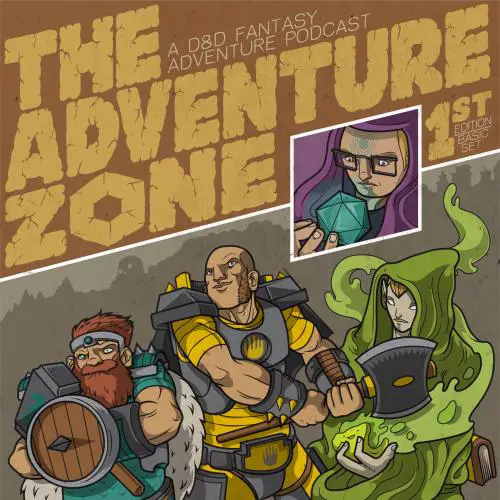
Who would have expected those good good McElroy boys would play a part in the new tabletop renaissance? Already famous for their work at Polygon and in the world of podcasts (and Griffin’s inability to eat bananas), the boys set out in 2014 to give the then-new Dungeons & Dragons Fifth Edition a shot by playing the starter adventure, Lost Mine of Phandelver, as a one-off episode of My Brother, My Brother, and Me during Justin’s paternity leave. They also brought their dad, Clint, along for the ride. What started as a simple game of badly played D&D soon spiralled into an epic, multi-dimensional story that pushed tabletop storytelling (and Griffin’s voice acting ability) to its absolute limit.
In the four years the arc played out, people who had never even touched D&D learned about it thanks to the McElroys, and many who had were learning brand new ways to think about the RPG beyond simple hack-and-slash. Taako, Magnus, and Merle battled their way through all manner of evil and hardship, and people were right there alongside them the whole way. When the arc finally ended, even the McElroy’s seemed a little shocked at how emotional it got at the end. They’ve since released comics adapting the arc and recently announced a new board game adaptation from Twogether Studios. The four have completed another arc, Amnesty, and recently started a new one, Graduation, with plenty of one-shots and mini-arcs in between, but Balance is the one that continues to stick in everyone’s mind.
#8. White Wolf Implodes (2018)

Perhaps the biggest failed comeback of the decade, White Wolf Publishing’s absorption by Paradox was a sign of how the tabletop world had changed. Despite relaunching the classic Vampire: The Masquerade in a redone 5th edition that promised to bring the vampires of the 90’s into the present day. Instead, poor layout, weird rules, and myriad controversies essentially strangled the new edition in the crib. Rather than let White Wolf continue semi-autonomously, new owners Paradox Entertainment chose to absorb them entirely. Publishing of new Vampire material was divested to Modiphius and Onyx Path, and another one of the great RPG publishers was no more.
#7. Delta Green Relaunches As Standalone Game (2015)
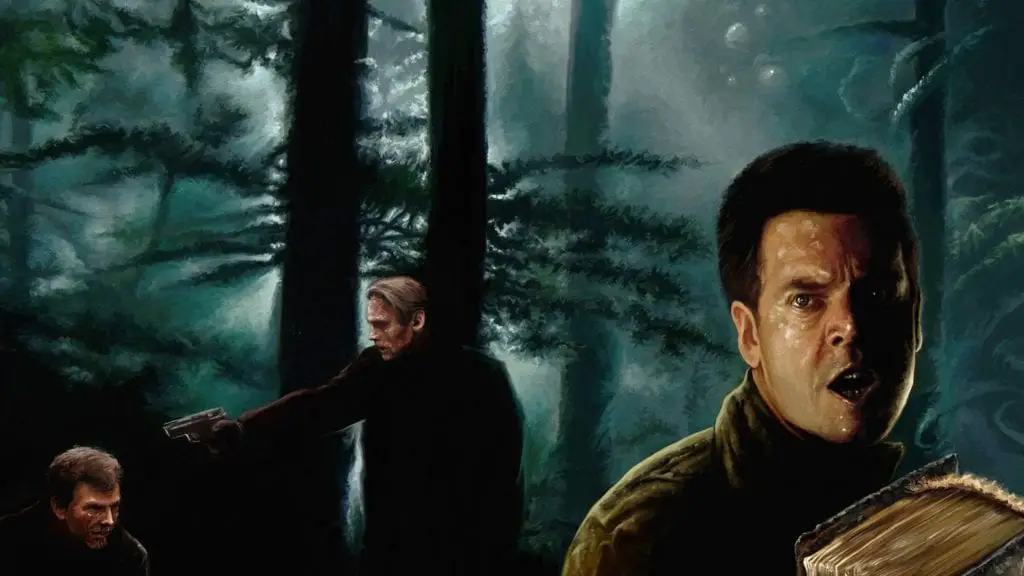
This decade we fell back in love with horror, conspiracies, and true crime, and in that environment the return of Delta Green seemed inevitable. Created in the late 90’s as a supplement to Call of Cthulhu, Delta Green took the eldritch horror of the game into the modern day, incorporating elements of the still-airing X-Files and other government conspiracy fiction into the game. It was darker, bleaker, and in some ways scarier than the main CoC game, and people loved it. Outside of a reprint and some limited run supplements, there wasn’t much else done with the property. For a concept so rooted in modernity, being left behind was a death knell. But hope springs eternal, and in 2015 news came that Delta Green would be back and better than ever.
Rather than continue to operate within the confines of Call of Cthulhu, Arc Dream Publishing (co-founded by Delta Green co-creator Dennis Detwiller) began work on a standalone RPG. And there was much rejoicing…or as much rejoicing as the Delta Green fanbase can muster. Kickstarted in 2015, it would out raise its goal nearly nine times over. The next year, the Agent’s Handbook would debut, with everything a player needed to enter the world of Delta Green. When the Handler’s Guide was released in 2017, allowing GM’s the ability to craft their own stories, everyone knew that Delta Green was here to stay. In the age of Trump, climate disaster, and constant internet surveillance, it’s kind of nice to pretend t
#6. Shardra Geltl Debuts As Pathfinder’s Iconic Shaman (2014)
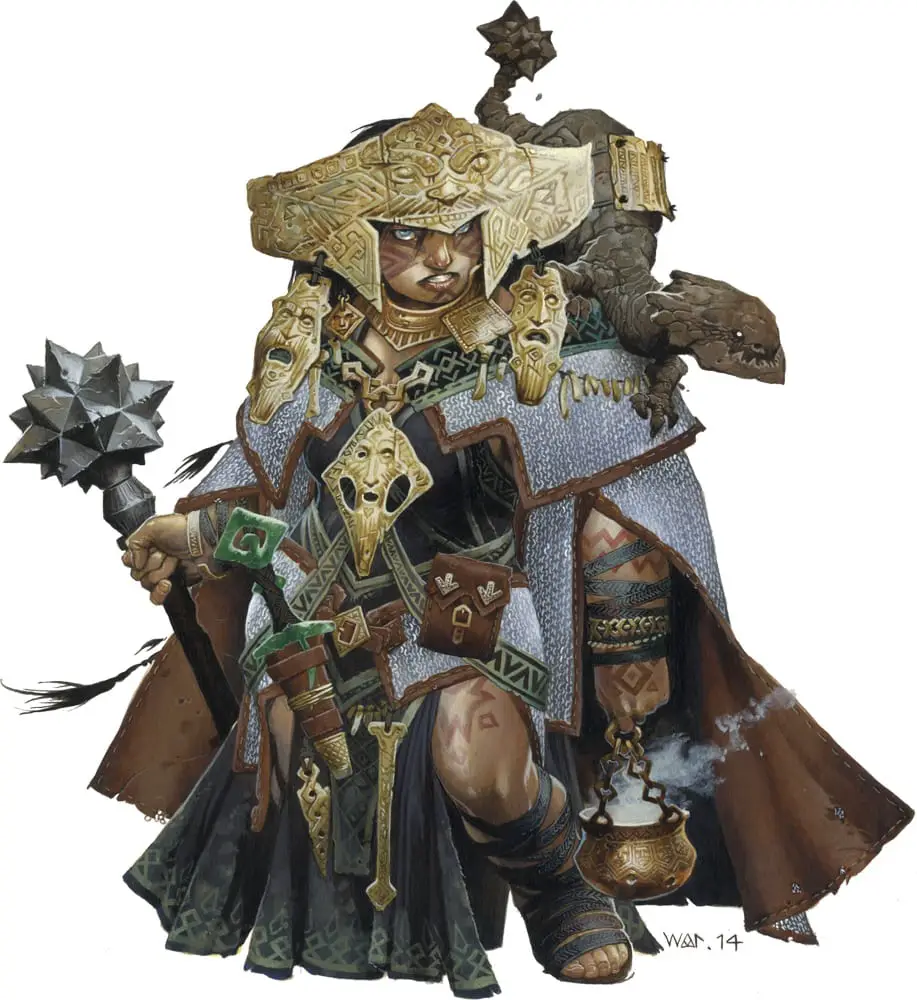
Iconic characters have long been staples of RPG’s, representing different classes and player archetypes on the page to illustrate the game to players and help flesh out the internal stories of the game. Paizo already had done a fine job making their other iconics pretty diverse, but when the Advanced Class Origins guide was set to publish in 2014, they decided to give another long-overlooked group representation: the trans community. Just like every other minority in the tabletop world, transgender gamers have been playing for as long as the games have existed, and it was high time they got to see themselves in a game. Writer and designer Crystal Frasier was put in charge of Shardra Geltl, and she wove Shardra a story about finding identity and loss of home that ended up resonating with people. Her creation was cheered by many and she quickly became one of Paizo’s most popular Iconics. In an industry that still struggles with acceptance, both online and around the table, Shardra Geltl’s success was a sign that things were getting better.
#5. itch.io Launches (2017)
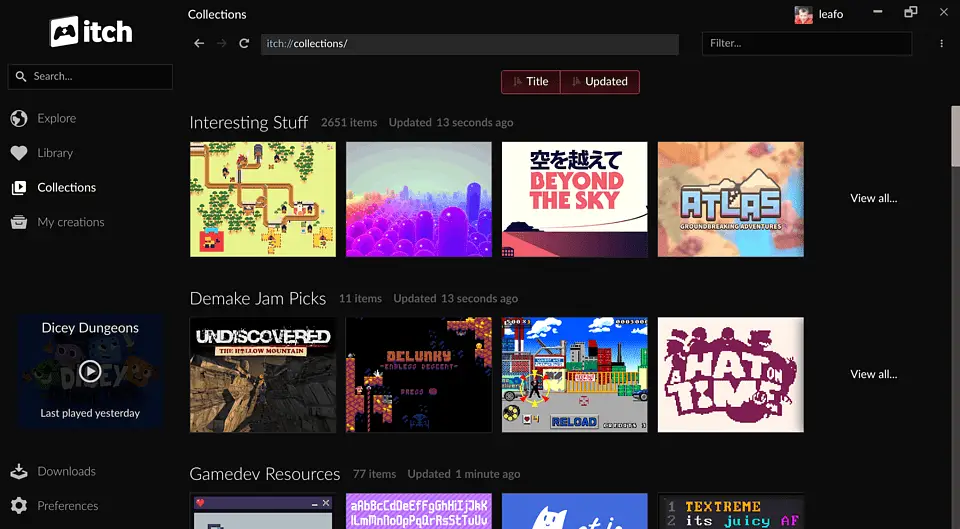
RPG’s aren’t just things you get out of massive books. Hell, sometimes an RPG can be just a page long. In the second half of the decade, designers started to experiment with tabletop to see just how weird they could get while still retaining the core feel and goals of traditional gaming. The most prominent hub for this new frontier has been itch.io, a website founded for indie video game development that quickly developed a dedicated community of tabletop creators. On its pages lie games that explore topics that no other game will touch, games that are only a few words long, games that turn the entire genre on its head. Many of the most promising new designers are coming up through itch, and developing a strong fanbase to boot. It’s already made a mark in the few years it’s been around, but there’s a good chance that the next decade will be even better for the rapidly growing itch.io scene.
#4. Pathfinder Second Edition Debuts At GenCon (2019)
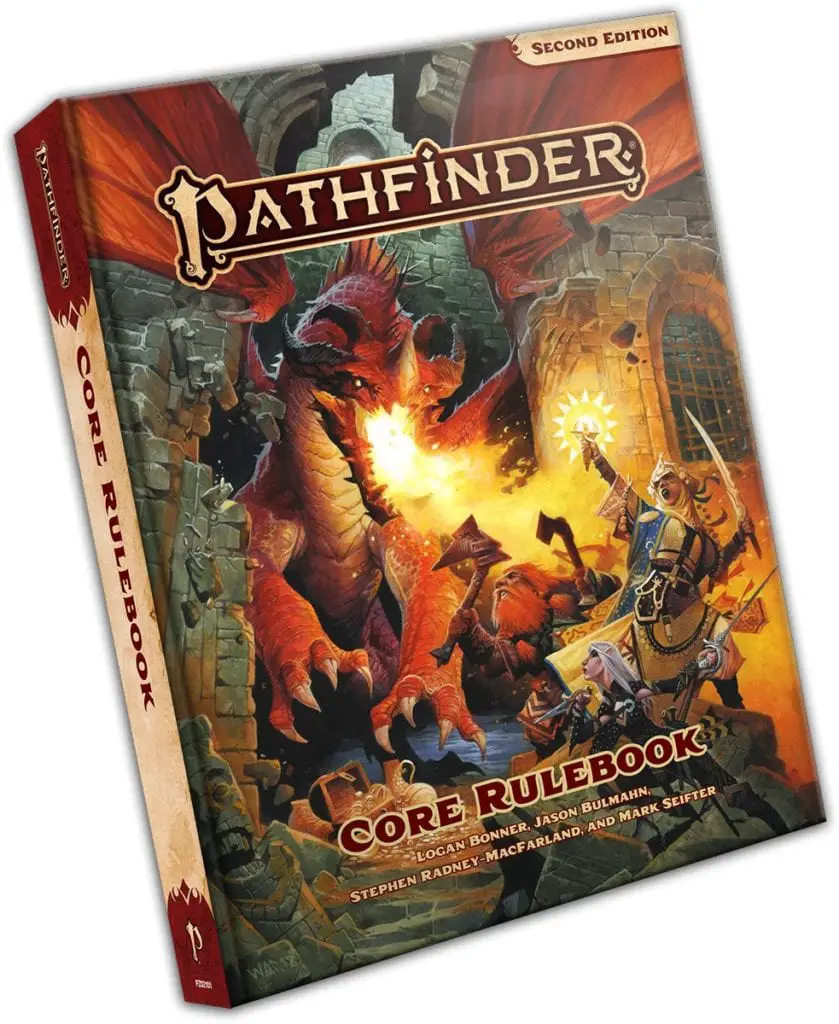
The newest entry on the list, the release of Pathfinder 2E was a shock to some thanks to the game’s reputation as a holdout for stubborn old-school players refusing to let go of 3.5. While the crunch and customisation that players love was kept, the new game represented a chance for Paizo to truly break away from their origins in Dragon Magazine and the stigma of their launch. Featuring a brand new action economy, new character options, and a fully modular build model, 2E positioned itself as an alternative to D&D 5e for players who wanted a less restrictive experience. While it’s hard to state the full impact of the release so soon, seeing the two titans of tabletop back in competition will surely spark plenty of discussion in the new decade.
#3. Critical Role Debuts On Geek & Sundry (2015)
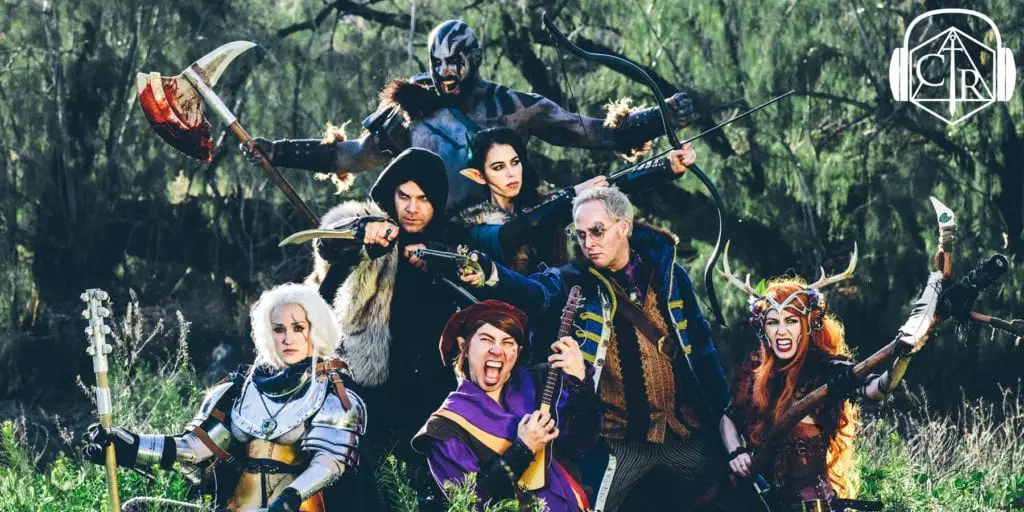
Despite the criticism it’s received of late, it simply cannot be overstated how vital Critical Role has been in the modern day resurgence of the tabletop RPG. Started as a shift from a group Pathfinder game between voice actor friends into a D&D campaign streamed for their friends at Geek & Sundry, it grew into a bonafide phenomenon thanks to the cast’s acting ability and the infectious nerd joy they exhibited in every game. Matt Mercer quickly became the DM’s DM, the ultimate storyteller and and actor that all those behind the screen aspired to be. The adventures of Vox Machina inspired many to pick up dice for the first time as they too wanted to have as much fun as the players on the show. It also helped show that Twitch was a viable medium for tabletop streaming, and since its debut Actual Play streams of RPGs have become one of the service’s most-watched genres. Critical Role have also inspired comics, cosplay, and are even developing their own cartoon, not to mention the Tal’dorei Campaign Setting Merecer helped create with Green Ronin. With a new arc underway with the Mighty Nein, Critical Role shows no signs of slowing down as we enter the new decade.
#2. Dungeons & Dragons Fifth Edition Debuts (2013)
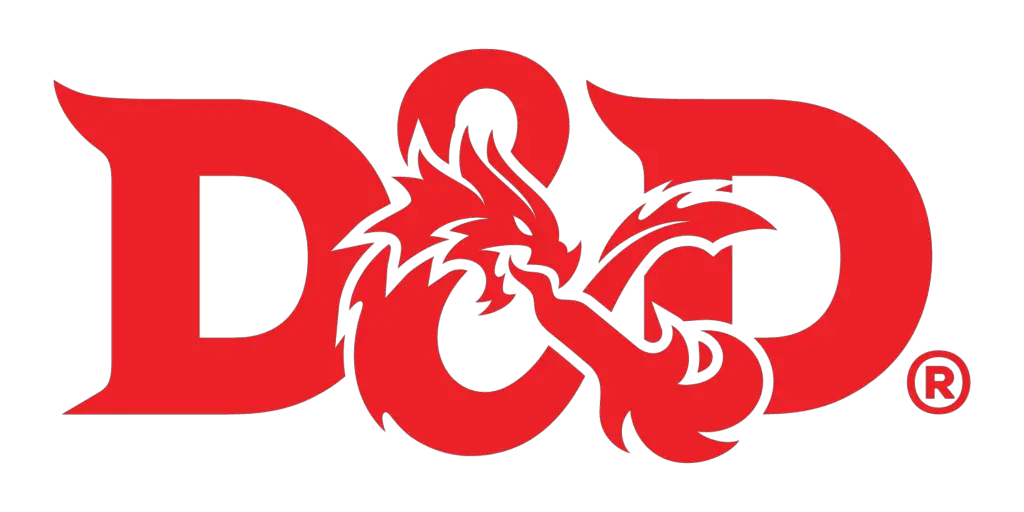
While there are games other than D&D, there’s only one game that continues to stand above the rest. The grandaddy of them all started the decade off on their back foot following the polarizing release of 4E and the rise of Pathfinder as their first serious challenger in years. But they took back their place at the top with Fifth Edition, which kept the accessibility of the previous edition wile bringing back some of the things from the past the made the game great. Stronger social media presence and an open willingness to listen to fans helped many who jumped ship return to the fold, and pop-culture penetration thanks to Stranger Things and the aforementioned Critical Role and The Adventure Zone helped D&D to a new peak of popularity. Subsequent releases like The Curse of Strahd and Baldur’s Gate: Descent Into Avernus show a new dedication to reinventing classic stories, and new products targeting younger audiences are getting people into the game earlier than ever before. While some may have some issue with the amount of air D&D takes up and how much it might crowd out smaller games, it can’t be denied that the modern boom wouldn’t be nearly as big without the release of Fifth Edition.
#1. Apocalypse World Published (2010)
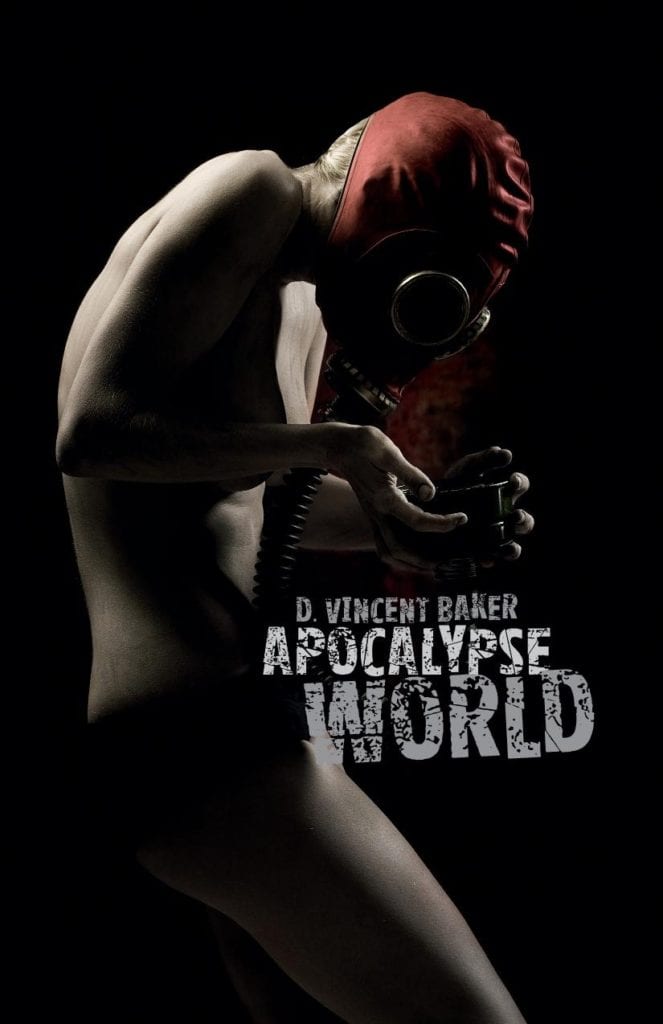
With all that I said about 5E, why isn’t it number one? For all the explosive success and market dominance that D&D has, Wizards is never going to be company that innovates. It just isn’t. And there’s nothing wrong with that. But the thing that is going to give the modern tabletop boom longevity is the creativity and diversity of the indie tabletop scene. Quite a bit of that scene has its roots in Apocalypse World, and its system Powered by the Apocalypse (PbtA). The relatively simple, d6 based system created by Meguey and Vincent Baker focuses heavily on the roleplaying side of the game, allowing for stronger character and story not bogged down by unwieldy mechanics.
The simplicity of the genre has also allowed for numerous hacks to come out, all encouraged by Vincent Baker. Some of these like Dungeon World, Kult and Masks have become hits in their own right, and hacks have come out that allow players to play as everything from rockstars (Spirit of 77) to rabbits (The Warren). Many designers who cut their teeth on PbtA have gone on to write for bigger and more established companies, while others continue to have success designing and streaming the system. The hack community has also been from the start incredibly inclusive, and has been lauded for the amount of woman and LGBTQ+ designers among its ranks. The sky is the limit for the indie design community, and it seems like the apocalypse is here to stay.
Did we miss any out? Do you agree with our picks? Sound off in the comics and stay tuned into the new year for all the latest news from the tabletop world!
Images via their respective owners

